I watched the military child stand next to his daddy in uniform. He was saying goodbye that day. Simply by looking at him, you could tell this little boy utilized every ounce of effort to appear brave. Taking short guppy breaths, two tears rolled down his cheek and onto his red t-shirt.
He wore a look that begged anyone to stop the military from taking his daddy away. My heart ached for him. I knew he was hurting.
Military life is hard on children.
Between frequent military PCS moves, deployments and homecomings, it is difficult for children to process these challenging events. It’s normal for military kids to experience anxiety, anger, fear, and worry.
The service member leaves.
The service member returns home.
The service member leaves again.
Because military separations are both random and inconsistent, this can intensify worry and anxiety in children. The ambivalence of military life may cause children to think and say things like:
“Will my mom or dad ever come home?”
“I don’t even really notice when my mom or dad is gone anymore.”
“Is my mom or dad going to be okay?”
“My mom or dad leaves all the time. They don’t care about me.”
“I’m never going to make any friends.”
“I hate moving. It’s all your fault.”
These are just a few examples, and they are the tip of the iceberg. As a parent faced with these types of bold statements and questions, you may feel unsure about how to respond.
How to respond to your military child?
When your military child says these types of questions and statements, how do you know what to say? How do you respond in a way that is effective and helpful?
There are two things to consider:
- When you are trying to help your military child, the number one goal is to validate what they are saying.
- The number two goal is to help your military child process and manage their emotions.
Through these two ideas, you can experiment with different phrases and sayings. Overall, you are looking to empower your brave little one to work through some of the difficult things they are experiencing. These skills will carry them through adulthood and can be applied to a variety of situations.
Here are 10 helpful phrases to get you started:
1. “Daddy (or mommy) is a helper. He helps people stay safe. He helps keep you safe too.”
This helps your child learn that their mom or dad is doing something positive and important. The goal is to offer comfort and warmth around your child’s feelings, similar to a blanket of protection. You can add, “Even when daddy (or mommy) isn’t home, he helps keep you safe by keeping the world a safer place.”
2. “I wish you a thousand friends at our new home.”
I wish statements are a powerful tool to use with children worried or scared about an upcoming change. It works similarly to guided imagery. Whatever your child is angry or worried about, respond with an “I wish” statement that is the opposite of their worry.
For example, “My dad is never coming home.” Respond with, “I wish you a thousand days with your daddy all to yourself. And each of those thousand days you would do a thousand fun things like laugh and play games and eat pizza.”
3. “You feel sad when dad is gone. You miss him very much.”
This helps validate your child’s anger, sadness or worry. Children want to know that somebody “gets it.” They want to feel heard. They want to feel that they are not alone.
4. “Moving to a new home is hard. What worries you most about moving?”
Asking your child to express more about their worry helps them process those feelings. It helps them get it all out and into the open. Allow your child to share all the things that worry them most. Then follow up with several “I wish” statements or one of the other techniques mentioned in this post.
5. “If your friend felt sad their daddy (or mommy) was gone, what would you do to help them feel better?”
This is an excellent back door way to learn what your child secretly yearns for others to say to him or her. Your child may say they would give the friend a hug or take them to a certain place. This question can help you learn what your child needs to feel better.
6. “You are safe. We both love you very much. I am always here for you.”
This is similar to the first one, but more than anything, it is important to remind military kids that they are loved. That you are there for them and that you are not going anywhere.
7. “What worries you about {blank}?”
Whether it’s moving, deployment or homecoming, insert any stressful event into the blank. Again, this type of phrase can help your child process and manage their big emotions.
8. “What do you wish someone would say to you?”
Another way to learn what your child would find most helpful in managing difficult emotions.
9. “What does your feeling look like?”
Many times children struggle to articulate their feelings. They can’t find the words to say “I’m worried” or “I’m scared.” Instead, ask them to describe what their feeling looks like.
Maybe your child imagines being alone in the house and dad never comes home. Maybe your child imagines going to school and nobody likes them. The goal is to help them share their feelings and process the feeling, not to make the feeling disappear.
10. “Let’s take a deep breath.”
Deep breathing is a technique used across cultures to help manage stress and support sleep. It is especially useful with children. Simply take a deep breath and continue to repeat deep breath after deep breath. Encourage your child to do it along with you.
Another way to help your military child.
In addition to helpful phrases, military children benefit immensely from having a special way to connect with faraway parents. Sarah from Create My Light took the time to create a very special light for our son’s bedroom.
Each night our son looks at the lamp before bed and says, “Night Dada.” This is a way for him to connect and feel like his daddy is right there watching over him each night as he sleeps.
Create My Light is a perfect way to ease some of the worry and anxious feelings your military child experiences. Each lamp is customized and hand-assembled. You are able to put anything they want on it and revisions are welcome to get your lamp just right.
Sarah from Create My Light can doctor old photos and supply any backgrounds you want. She can also combine photos and add text. Each lamp is made to order, making it different than one you buy off the shelf at a store.
Want more on military life?
- Military Kids + Homecoming: How to Ease the Transition
- Best Tips for Parenting Military Kids During Deployment
- 9 Relationship Tips Only a Modern Military Spouse Would Understand

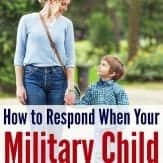
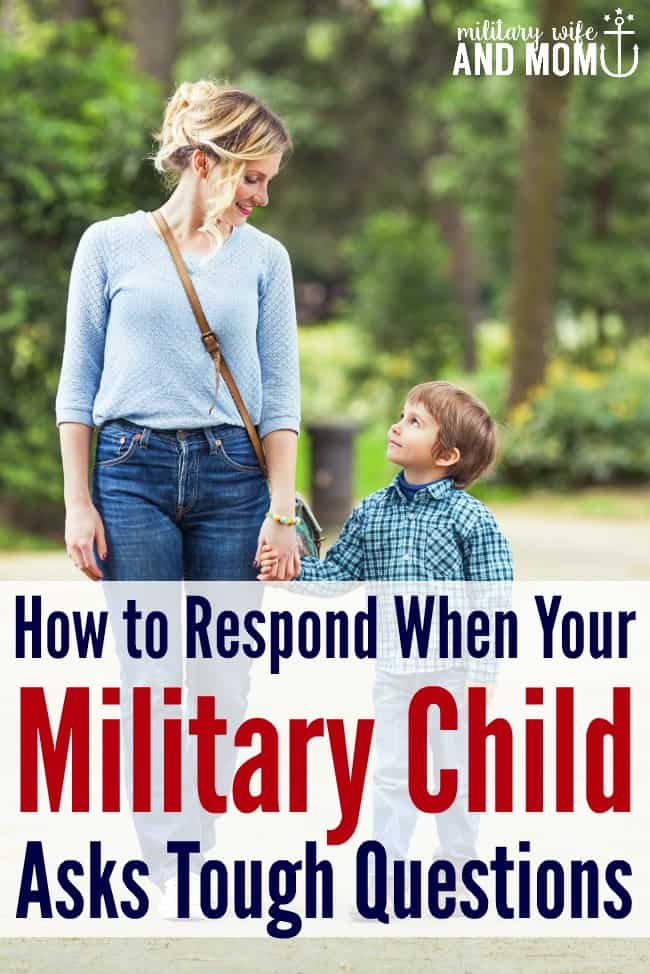
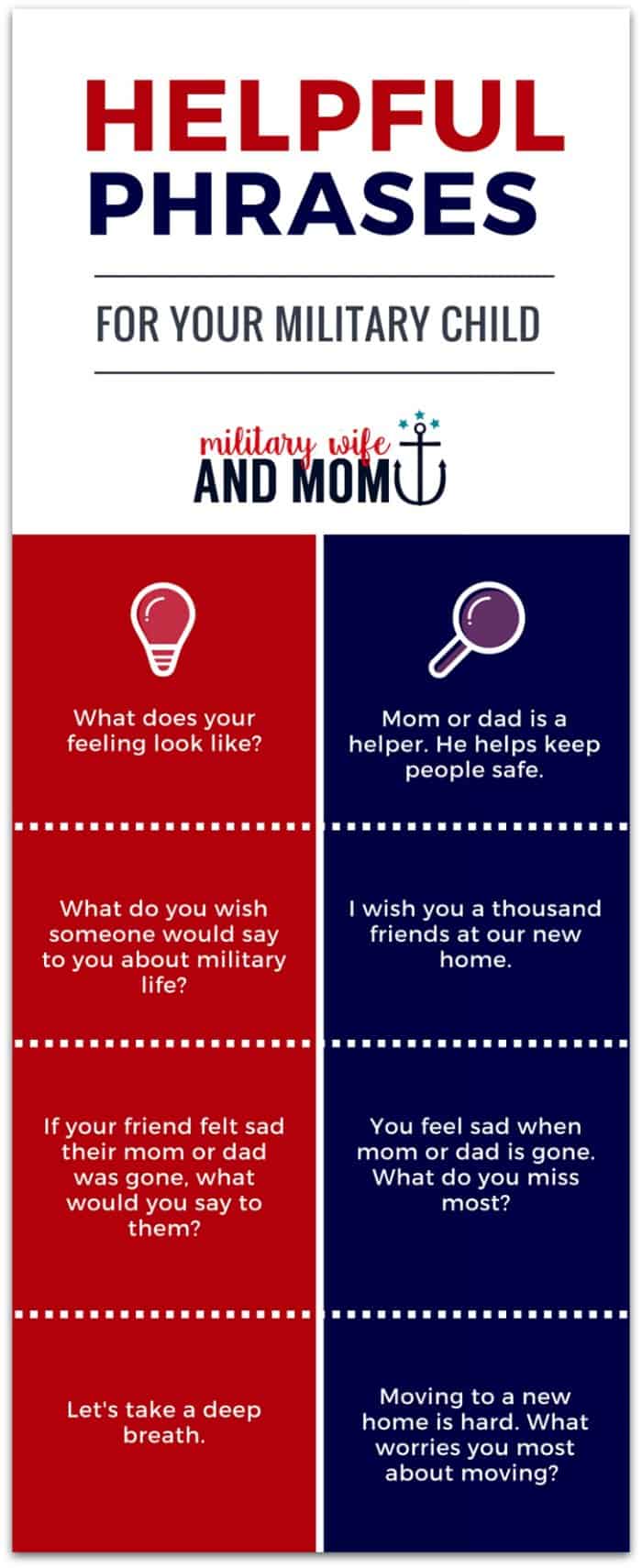
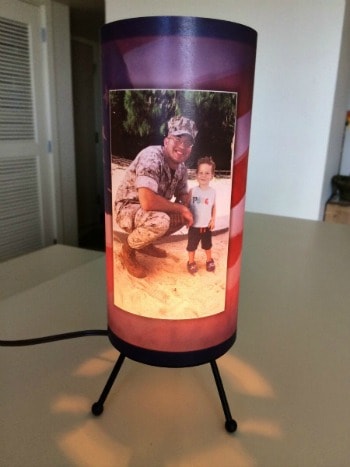
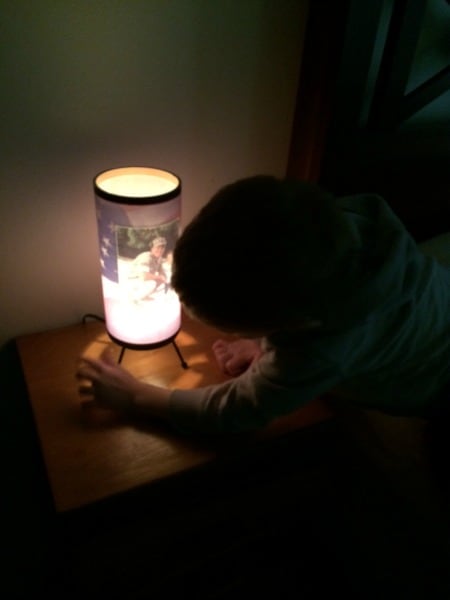
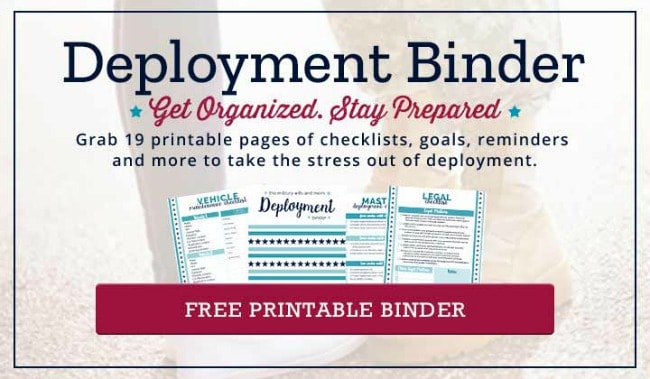




Leave a Comment